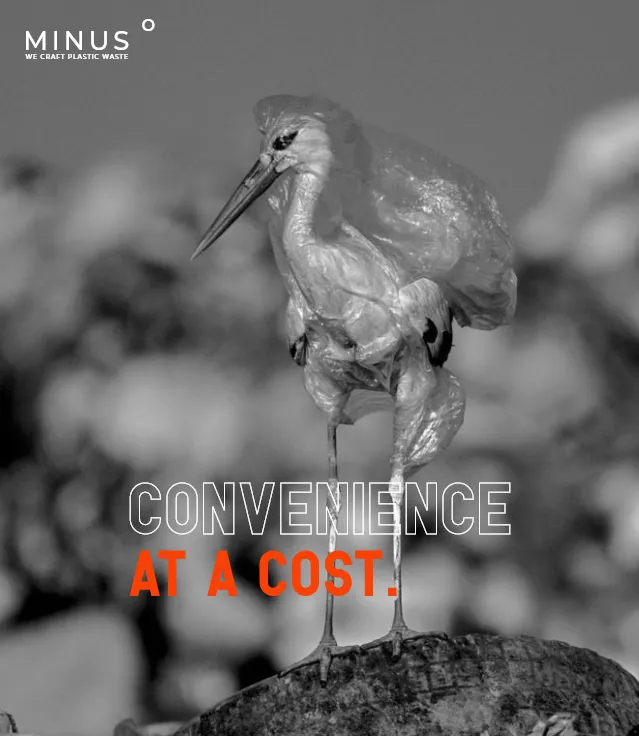We are constantly juggling our everyday lives. In a race to find the ultimate peace and satisfaction, we don’t mind a few crooked lines here and there. Maybe because the intensity of anything going wrong because of our choices is never taken into consideration or maybe, it’s just a petty thing to worry about at all. But coming back to the “Choices we make,” are we being too selfish? Have you ever thought about convenience at a cost? Why not?!
Plastic is a menace and we quickly agree to it, but do we? In the past decade, pollution due to plastic waste has risen exponentially. Every day we see, and hear about climate emergencies but fail to act upon them. Humans produce over 3 million tons of plastic waste every year, nearly equivalent to the weight of the entire human population. Packed groceries and vegetables, packaged lunch boxes, daily snacks wrapped in plastic packaging, plastic water bottles, and shopping bags, are now an integral part of our lives. This was all about comfort and choices never so far about being eco-friendly or not.
According to psychology, humans tend to choose a way that is easier and requires less effort. This is the reason why people forget to carry biodegradable and reusable bags with them for shopping purposes. We all have done this at least once in our lives. We all have asked for a plastic bag from a grocery store by saying, “Ek polythene se kya Hoga bhaiya?”. This is an era of convenience wrapped in plastic.
While this solves our temporary problem what we didn’t see coming is the huge iceberg beneath the ocean. And just as it killed Titanic, it will hit us badly lest we do something about it. First, let’s rethink the price we are paying by mass distribution and usage of plastic and recklessly disposing of it. 40% of plastic produced is from packaging, the majority of it is single-use which means it is used just once and then thrown away. Plastics are cheap because they are produced with heavily subsidized oil and can be more affordable, with less economic incentives to use than recycled plastics.
But, plastics have a hidden price behind them that we are already paying in the form of environmental and health issues. A simple question to the world is, “Is it too difficult to pay a little more for jute and cotton bags?”
Written by : Ashmi Rajnish & Komal Srivastava


